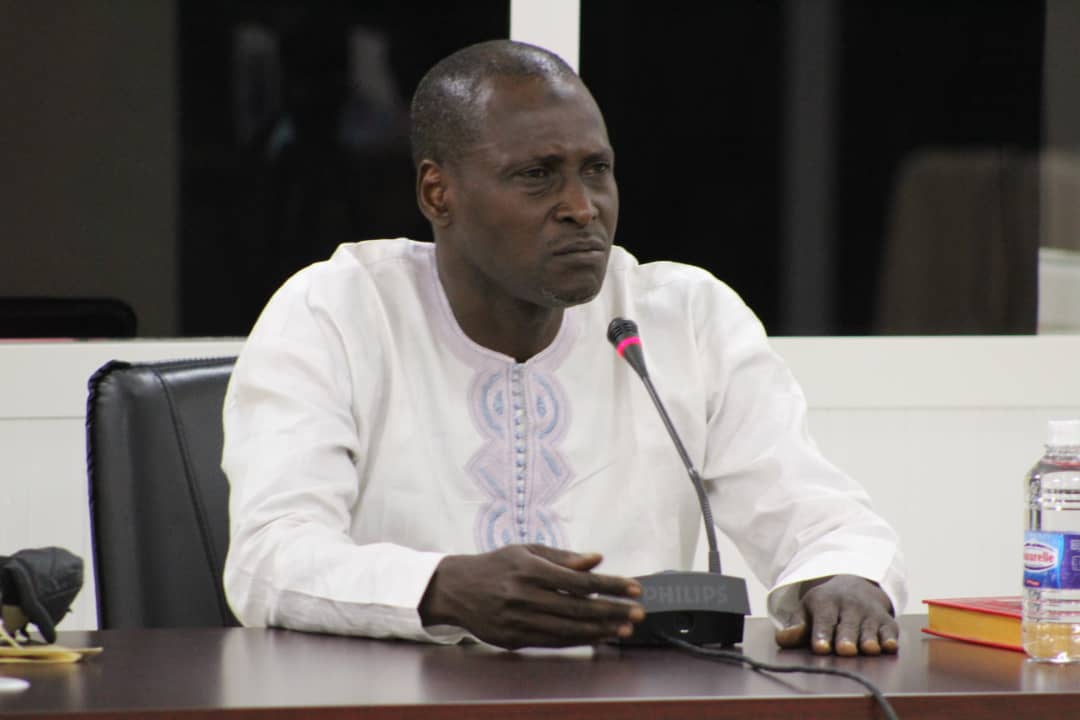By Binta Jaiteh
During a capacity building training on female genital mutilation and cutting (FGM/C) held in Janjangbureh, Central River Region, organised by the Women’s Bureau, Alhagie Tambajang of Health Promotion and Development Organization (HEPDO) has echoed that FGM/C is a deep rooted cultural practice that has been existing for decades and causes serious harm to young girls and women.
In his presentation at the ongoing 5-day capacity building training funded by UNICEF, he disclosed that all the procedures of FGM/C involve partial or total removal of the external female genitalia or other injury to the female genital organs for non-medical reasons.
He outlined the fourt types of FGM available explaining that “Type I is clitoridectomy which including the removal of the clitoral hood with or without removal of all or part of the clitoris. Type II Excision is removal of clitoris together with part or all of the labia minora and with or without the labia majora. Type III is the infibulations – removal of part or all of the external genitalia and stitching or narrowing of the vaginal opening leaving a very small opening for urine and menstrual blood. And Type IV – (unclassified) – pricking, piercing, incision, stretching etc of the clitoris and or labia.”
According to him the complications of FGM include severity of the procedure; sanitary conditions in which the procedure is performed; competence of the person who performs the procedure; the strength of the girl’s resistance and the nature of the instruments used.
However, he noted that there are no benefits whatsoever associated with FGM except complication and the “immediate complications include shock; fear; pain; hemorrhaging; other lacerations: there may be accidental lacerations inflicted on the child as a result of her struggles.
Other complications he said are bleeding; dislocation; infection; retention of urine “and there are five causes of the retention of urine,” he noted.
He added that in recent years and since the HIV/AIDS pandemic, likelihood of transmission of the HIV has become added to the long list of complications associated with female genital mutilation.
The fact that FGM is mainly carried out by untrained traditional women does not justify the medicalisation of FGM and health workers need to be trained and given skills to handle victims of FGM for counseling.




